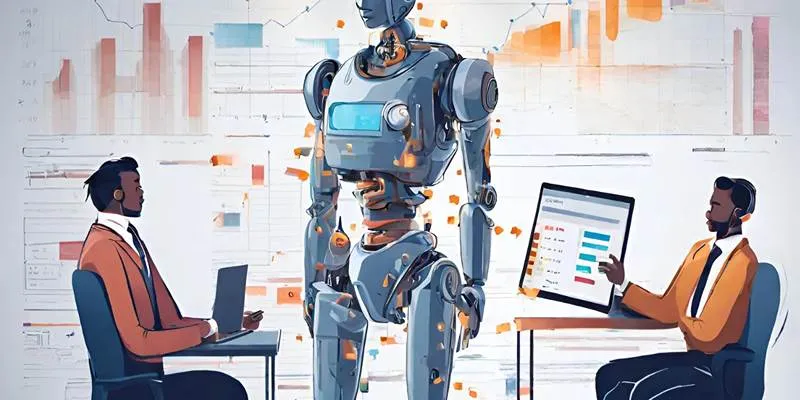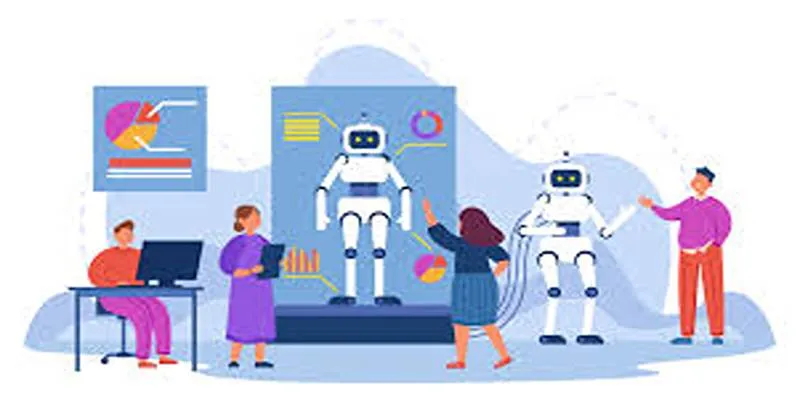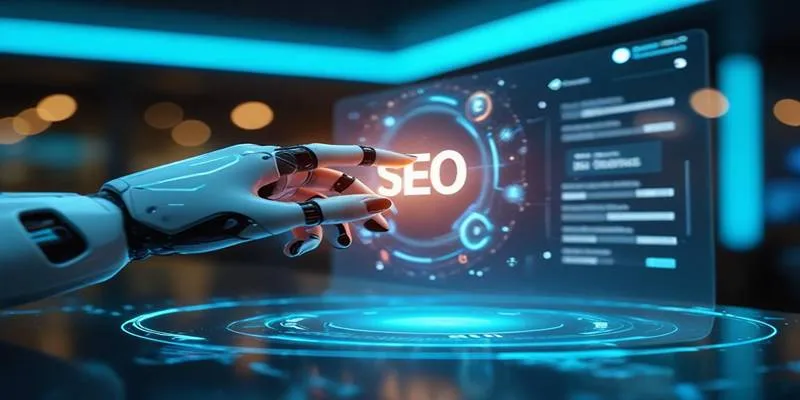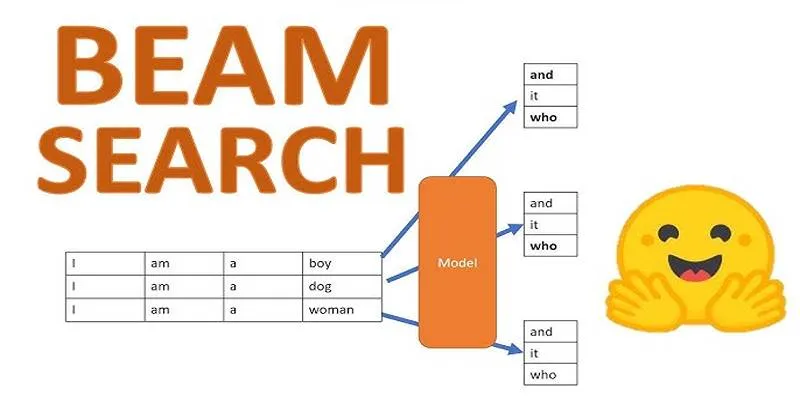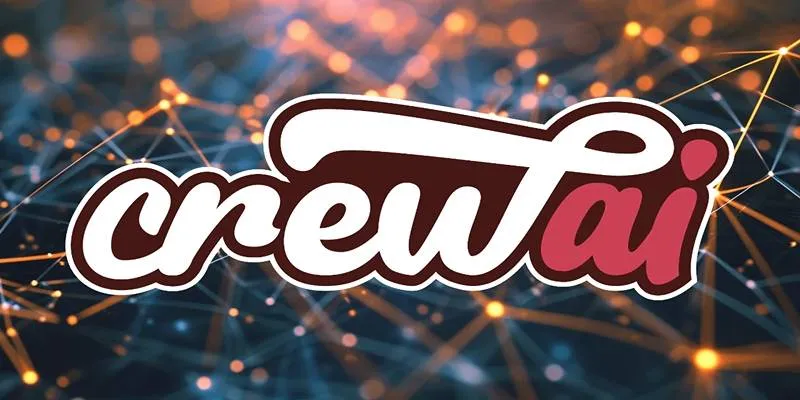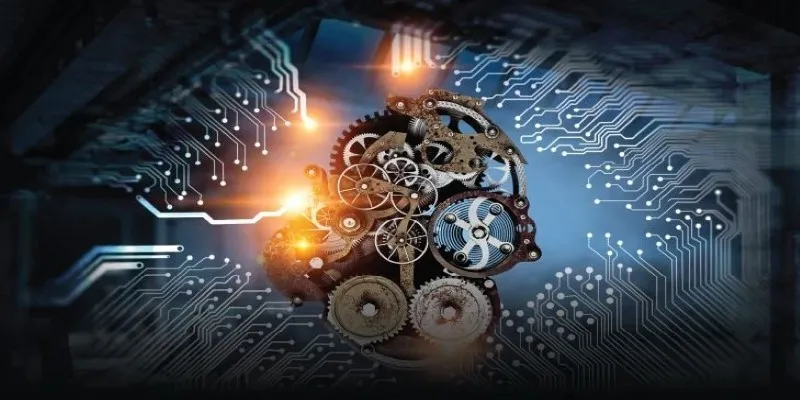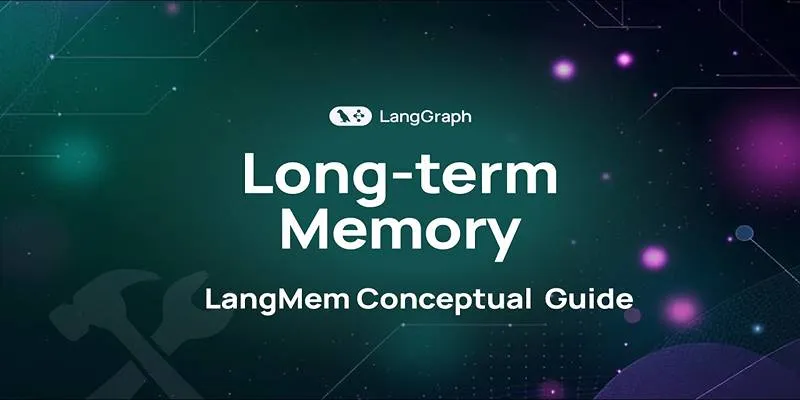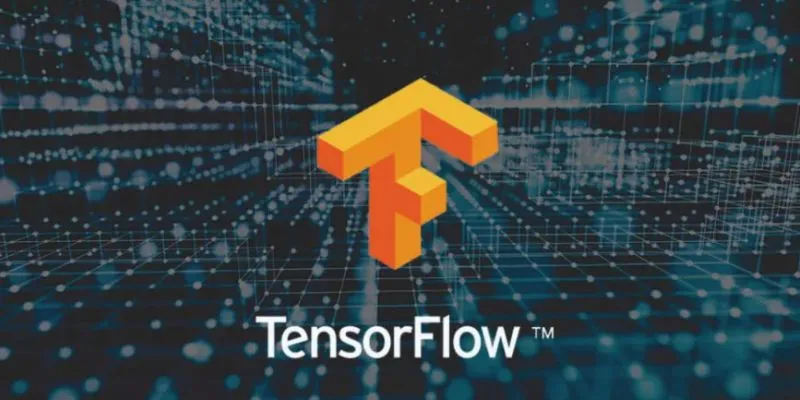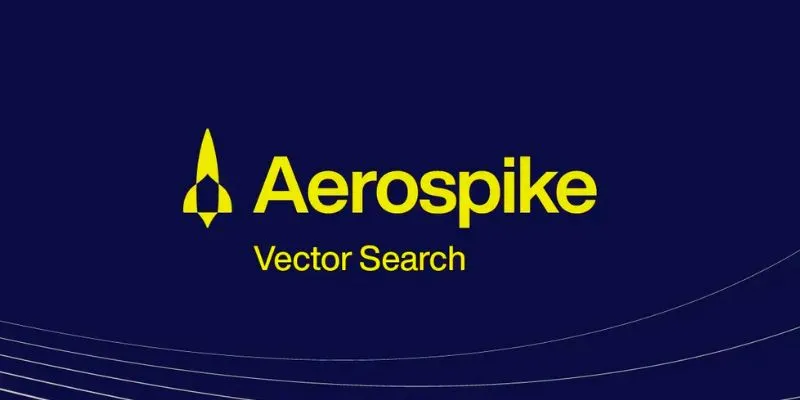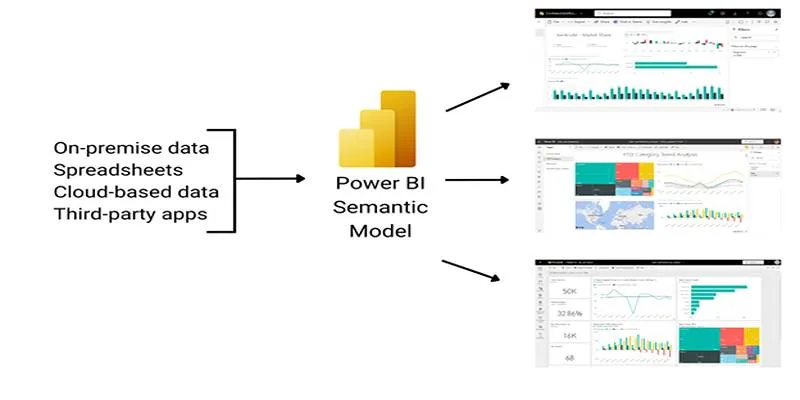Artificial intelligence is advancing at lightning speed. Every few months, there seems to be a new tool, platform, or model that outperforms the last one. Among all these developments, AI agents have become one of the most talked-about innovations. According to OpenAI, the company behind ChatGPT, these agents are not just the future—they’re right around the corner. And they may be coming for your job this year.
OpenAI predicts that AI agents are evolving so fast that 2025 could mark the start of real changes in the job market. While that sounds exciting, it also raises many questions—and concerns. What exactly are AI agents? Which jobs are most at risk? And how should you prepare?
Understanding AI Agents
AI agents are a form of artificial intelligence designed to autonomously perform tasks, make decisions, and interact with systems, often with little or no human input. Unlike basic chatbots that only respond when prompted, AI agents can analyze data, complete tasks, and even take action across platforms on your behalf. In essence, they function more like digital employees—managing emails, scheduling meetings, writing reports, and making context-based decisions as they learn from their environment over time.
What Sets Them Apart?
Unlike traditional automation tools, AI agents go beyond simple rule- following. They understand natural language, make context-aware decisions, and work collaboratively with other software, enabling them to handle complex, multi-step processes with flexibility and intelligence.
OpenAI’s Warning: What to Expect in 2025

OpenAI’s leadership, including CEO Sam Altman, has suggested that AI agents will start significantly impacting the workforce by the end of this year. That’s a bold claim, but it’s based on how fast the technology is improving.
The shift won’t happen all at once, but certain job types could start feeling the change much sooner than others. These early changes might include AI agents:
- Taking over repetitive computer tasks
- Acting as virtual assistants
- Helping manage business operations
- Writing and editing documents
- Handling customer service requests
This means that some workers might start seeing AI co-workers who handle parts of their jobs—or even do them better and faster.
Which Jobs Are at Risk?
While not all jobs are at risk , some types of work are more likely to be automated by AI agents. Jobs that involve routine, rule-based tasks—especially on computers—are the most vulnerable.
Jobs Likely to Be Affected Soon:
- Administrative Assistants : Scheduling, filing, email management, and data entry can be easily handled by AI agents.
- Customer Support Representatives : AI chatbots and agents can now respond faster and more accurately to common customer queries.
- Data Analysts (Junior Level) : Entry-level analysis, basic reporting, and pattern detection can be done by AI with fewer errors.
- Writers and Editors : AI tools can now generate content, rewrite drafts, and check grammar with impressive accuracy.
- Tech Support Roles : AI can guide users through troubleshooting steps and handle tickets automatically.
Jobs That Are Safer (for Now):
- Skilled Trades (e.g., electricians, plumbers) : These jobs involve hands-on, physical tasks that AI can’t replicate.
- Creative Strategy Roles : While AI can create content, it still lacks true originality and human judgment in big-picture thinking.
- Emotional Labor Roles (e.g., therapists, teachers) : These jobs rely heavily on empathy, human connection, and deep understanding.
Why AI Agents Are Growing So Fast?
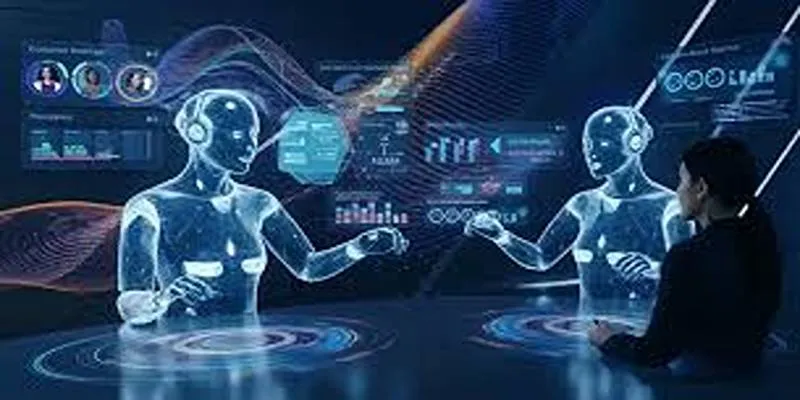
There are several reasons why AI agents are being developed and adopted quickly:
- Advances in Natural Language Processing (NLP) : AI can now understand and respond to human language more naturally.
- Access to Large-Scale Computing Power : Cloud platforms allow AI models to process more data faster than ever.
- Integration with Everyday Tools : AI agents are being added to apps like Slack, Google Workspace, and Microsoft Teams.
- Business Demand for Efficiency : Companies are looking to cut costs and speed up operations, and AI fits perfectly into that goal.
What Can Workers Do to Prepare?
If AI agents are set to enter the workforce soon, how can people prepare? The key is to adapt and upskill rather than fear the change.
Here are a few smart steps workers can take:
- Learn to work with AI : Treat AI as a helpful tool, not a threat. Learn how to use tools like ChatGPT, Microsoft Copilot, or AI plugins in your daily workflow.
- Develop soft skills : Communication, creativity, emotional intelligence, and adaptability are skills that AI still can’t master.
- Focus on strategy and oversight : While AI can execute tasks, humans will still be needed to set goals, interpret results, and ensure ethical practices.
- Upskill in AI-related areas : Courses in AI, data literacy, automation, or digital tools can give you an edge in future roles.
Will AI Agents Replace All Jobs?
It’s unlikely that AI agents will replace every job—at least not soon. But they will change how many jobs are done. In some cases, they will handle basic tasks, allowing humans to focus on more complex or creative work. In other cases, they might fully automate positions, especially in industries that rely heavily on digital tools.
However, history shows that when technology replaces some jobs, it often creates new ones, too. The challenge will be helping workers transition and reskill for roles that AI can’t yet perform.
Conclusion
OpenAI’s message is clear: AI agents are coming faster than most people expect, and they’re smart enough to start changing the workforce this year. Whether that’s exciting or concerning depends on how prepared you are.
The best approach is not to panic but to stay informed and proactive. By learning how to work with AI rather than against it, professionals can not only protect their jobs—but actually grow their careers in a future shaped by AI. As you move deeper into 2025, it’s clear that the age of AI agents isn’t in the distant future. It’s already here—and it’s time to get ready.
 zfn9
zfn9


